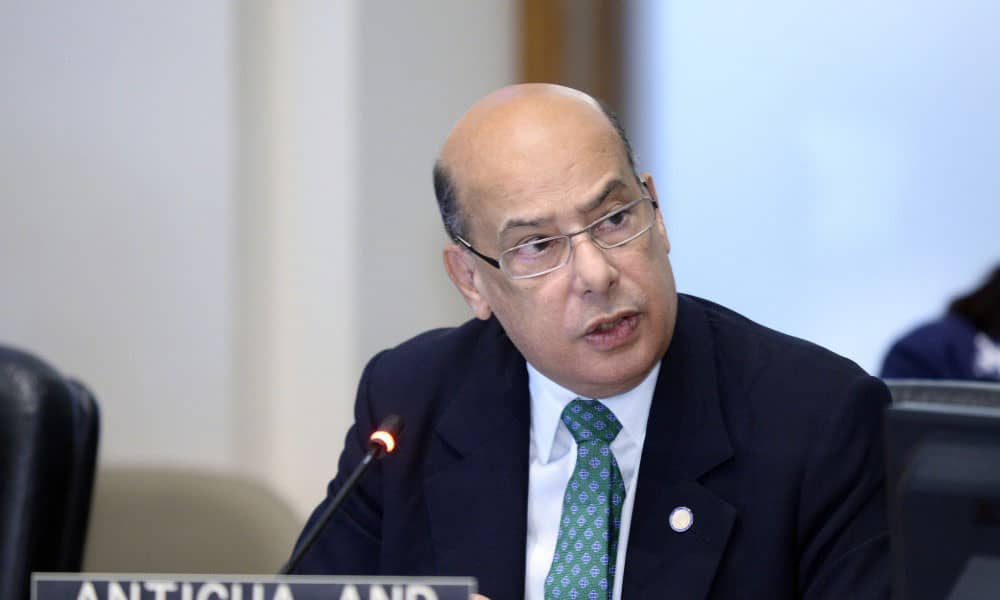Sir Ronald Sanders, Antigua and Barbuda’s Ambassador, has issued a stark warning about the dual threats of climate change and an inequitable global financial system, which are trapping small Caribbean states in a cycle of ‘permanent recovery.’ Speaking at a consultation organized by the Inter-American Commission on Human Rights (IACHR), Sanders highlighted how natural disasters are exacerbating public debt while insurance costs skyrocket. He emphasized that when catastrophic events like Category-5 hurricanes devastate infrastructure, governments are forced into repeated borrowing to rebuild. Sanders pointed to alarming environmental trends, including ocean heating and mass coral bleaching, which are eroding the region’s blue economy. Since January 2023, over 84% of the world’s reefs have experienced bleaching-level heat stress. Additionally, sea levels in the Caribbean are rising at approximately 3.4 mm annually, with studies projecting tourism revenue losses of 38–47% by 2100 if significant adaptation measures are not implemented. The region also faces challenges from a record influx of sargassum and tightening reinsurance markets, making coverage increasingly unaffordable. Sanders stressed that the impacts of climate change are outpacing the fiscal capacity of small states to adapt, with average annual disaster losses nearing 2% of GDP and adaptation needs around 3.4% of GDP. Despite these challenges, small island states receive only about 2% of tracked adaptation finance. The situation is further compounded by talent flight, with roughly 70% of the Caribbean’s tertiary-educated population residing in OECD countries. Sanders criticized the use of per-capita income as a metric, arguing that it distorts reality by graduating vulnerable states out of affordable finance without accounting for their exposure to shocks. He called for the rapid implementation of the UN-endorsed Multidimensional Vulnerability Index to unlock affordable, long-term financing. Framing climate and debt as human rights issues, Sanders cited recent rulings by the Inter-American and International Courts, which emphasize that financing terms must protect essential services and social spending as fundamental human rights.
Climate Costs Outrun Small States’ capacity – Antigua Envoy declares
